Zarif: Europeans sold out remnants of Iran deal to appease Trump
Foreign Minister Mohammad Javad Zarif says the European signatories to a 2015 nuclear deal — France, Britain and Germany — chose to bow to American bullying and sell out the “remnants” of the multilateral agreement only to appease the US and avoid its sanctions.
Zarif made the remarks in a tweet on Thursday after The Washington Post reported that the administration of US President Donald Trump had threatened to impose a 25 percent tariff on European automobile imports if the trio — known as EU3 or E3 — refused to formally accuse Iran of violating the Joint Comprehensive Plan of Action (JCPOA).
The report was published shortly after the European trio said in a joint statement on Tuesday that they had triggered the JCPOA’s dispute mechanism, which amounts to a formal accusation that Tehran had broken the terms of the deal.
The European measure could lead to the restoration of anti-Iran UN sanctions, which had been lifted by the JCPOA.
The top Iranian diplomat attached to his tweet a screen shot of the Washington Post report’s title, saying the report confirmed the E3’s “appeasement” to Trump.
Appeasement confirmed.
— Javad Zarif (@JZarif) January 16, 2020
E3 sold out remnants of #JCPOA to avoid new Trump tariffs.
It won't work my friends. You only whet his appetite. Remember your high school bully?
If you want to sell your integrity, go ahead. But DO NOT assume high moral/legal ground.
YOU DON'T HAVE IT. pic.twitter.com/tePZhN2E4X
“E3 sold out remnants of #JCPOA to avoid new Trump tariffs. It won’t work my friends. You only whet his appetite, Remember your high school bully?” Zarif said. “If you want to sell your integrity, go ahead. But DO NOT assume high moral/legal ground. YOU DON’T HAVE IT.”
Zarif had likewise criticized the European parties to the JCPOA for surrendering to the US bullying on Wednesday, saying, “It’s sad that biggest economy has allowed itself to be bullied into violating own obligations. JCPOA’s future depends on E3, not Iran.”
E3's response to US attack on JCPOA has been to cut trade/investment in Iran while embargoing our oil.
— Javad Zarif (@JZarif) January 15, 2020
Told #Raisina2020 it's sad that biggest economy has allowed itself to be bullied into violating own obligations. JCPOA's future depends on E3, not Iran.https://t.co/Ixx3lU6jnY
Also addressing Raisina Dialogue 2020 in the Indian capital, New Delhi, Zarif emphasized that it was Iran that first triggered the JCPOA's dispute mechanism on May 10, 2018, two days after the US withdrawal from the accord.
The JCPOA was signed between Iran and six world states — namely the US, Germany, France, Britain, Russia and China — in 2015. It was also ratified in the form of a UN Security Council resolution.
However, Washington’s exit and subsequent re-imposition of sanctions against Tehran left the future of the historic deal in limbo.
Tehran remained fully compliant with the JCPOA for an entire year, waiting for the co-signatories to fulfill their end of the bargain by offsetting the impacts of Washington’s bans on the Iranian economy.
As the European parties failed to do so, Tehran moved in May 2019 to suspend its JCPOA commitments in 60-day stages under Articles 26 and 36 of the deal covering Tehran’s legal rights.
Iran took its fifth and final commitment reduction step earlier this month.
Israeli strikes on north Gaza hospital ‘extremely dangerous, terrifying’: Director
VIDEO | Yemen targets Tel Aviv with Palestine 2 missiles
Pezeshkian: Iran resolved to complete North-South Transport Corridor
VIDEO | Iran-Syria: For Resistance
Qassam Brigades claims killing 3 Israeli troops in northern Gaza
More alive than ever: Sayyed Hassan Nasrallah's legacy grows stronger in martyrdom
Occupation of Syria’s highest peak Mount Hermon part of ‘Greater Israel’ project
Iran: Syrian people will decide their future without foreign interference


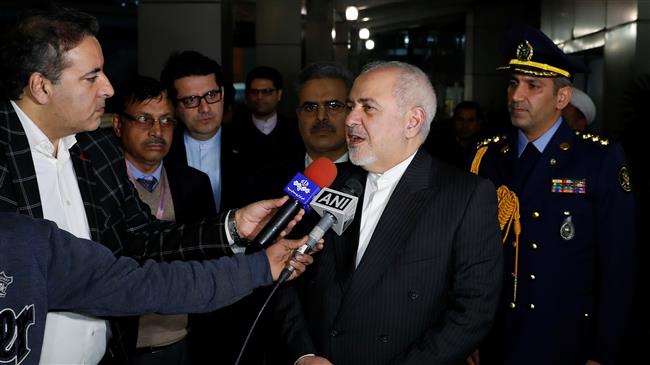
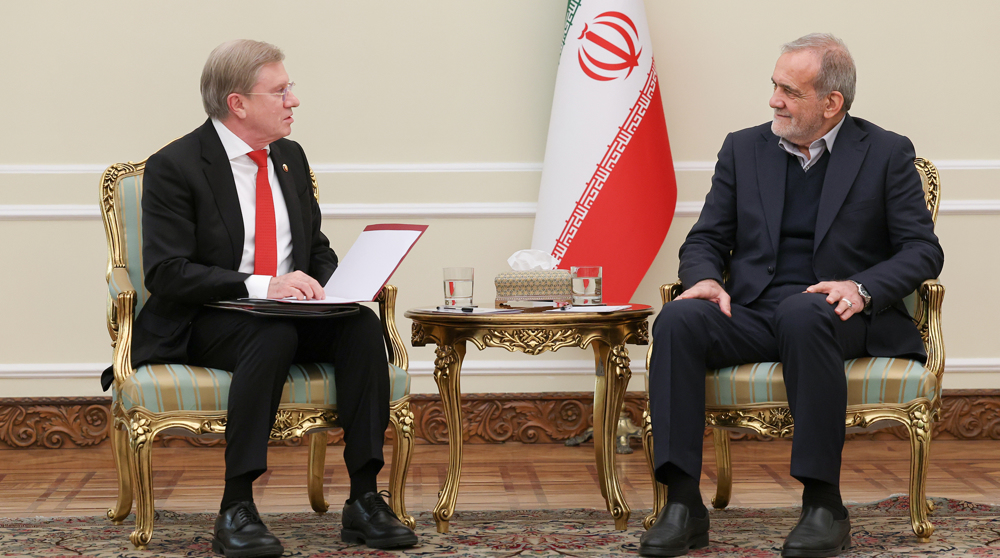
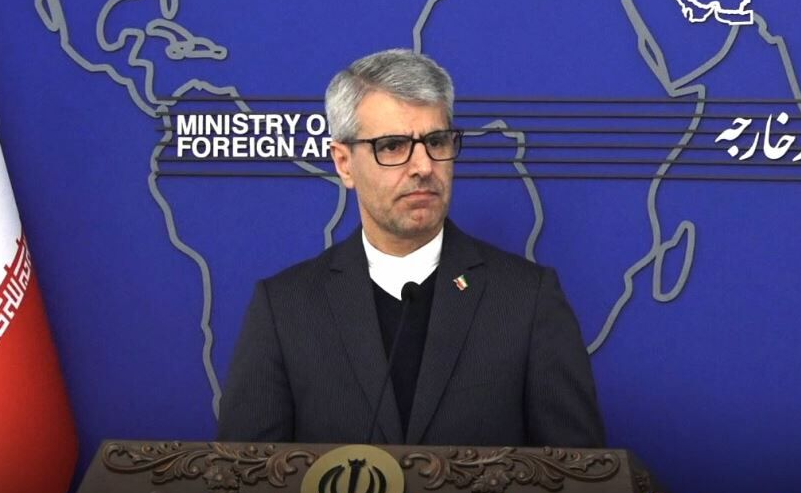
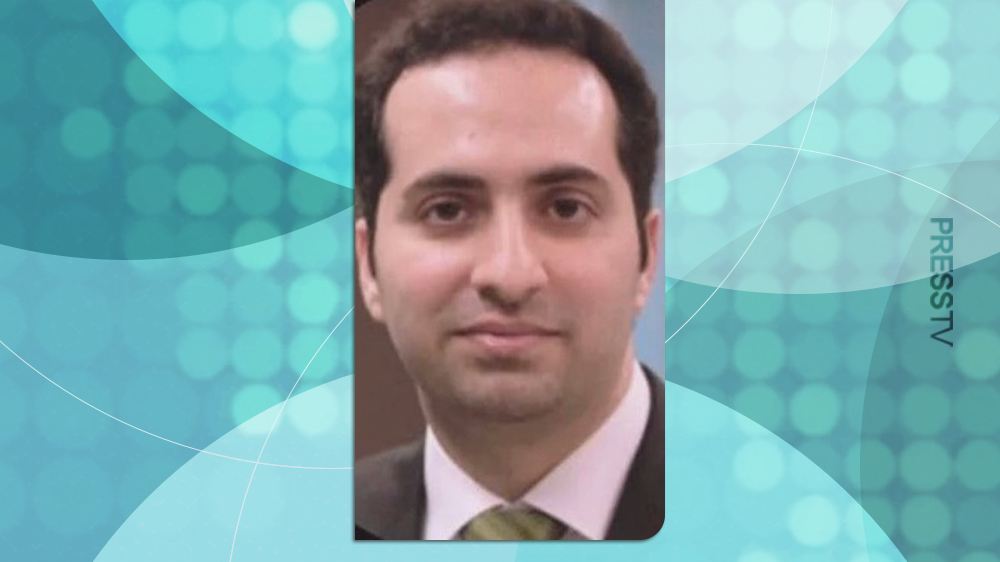



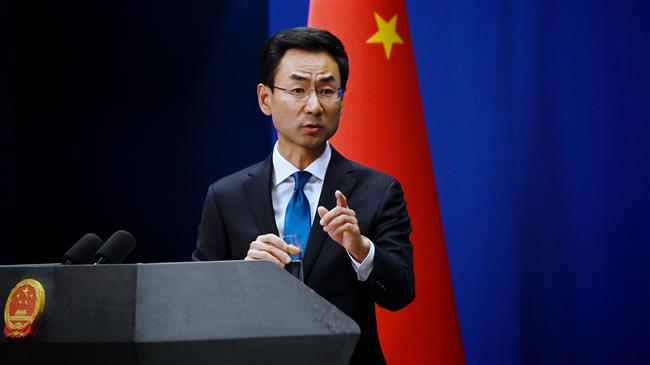
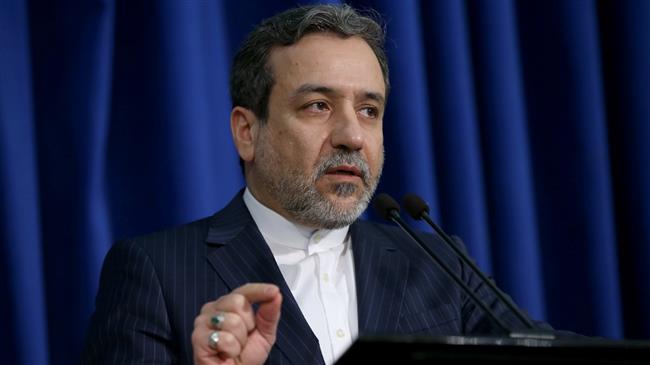
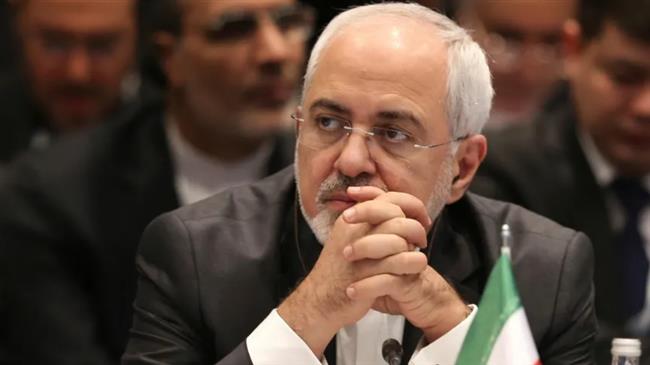
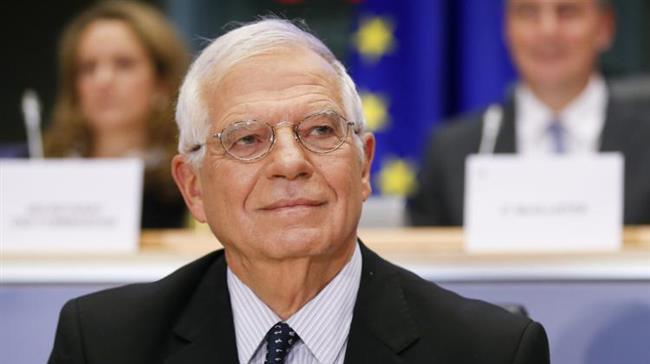
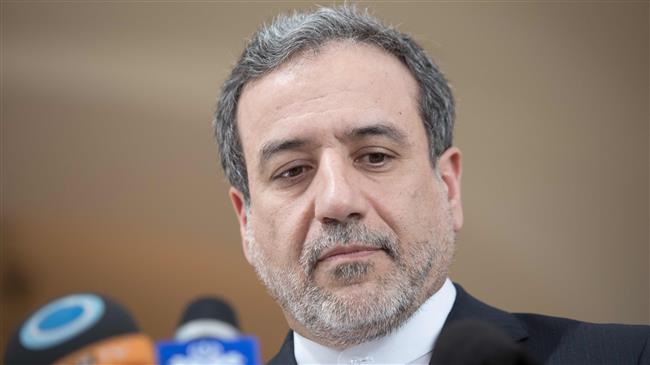

 This makes it easy to access the Press TV website
This makes it easy to access the Press TV website